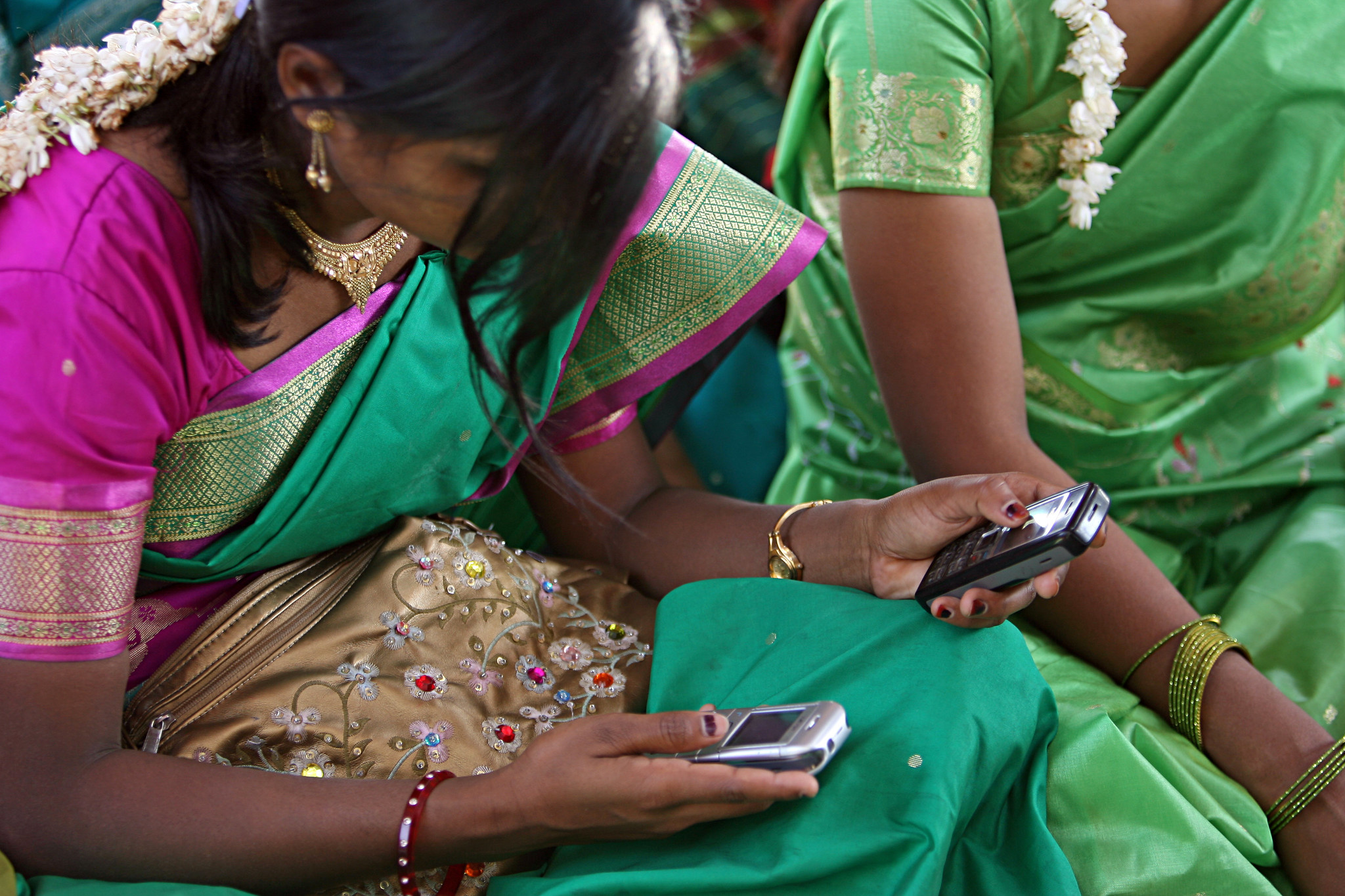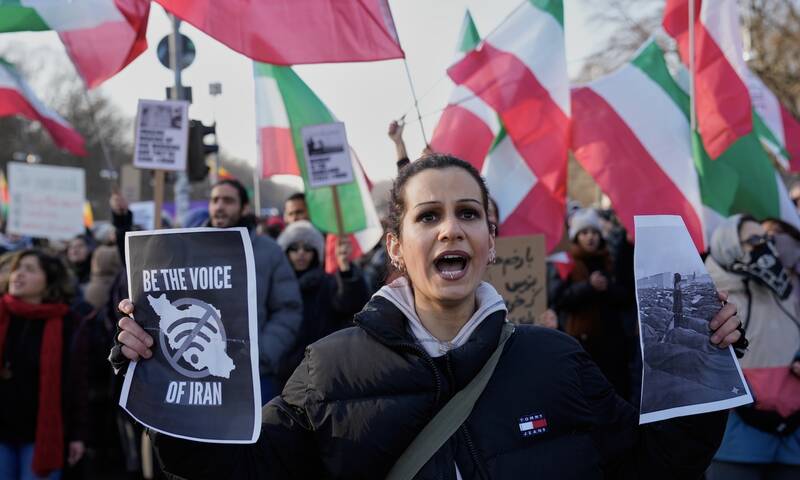‘I feel so bad for me and Muhammad (1 month old, cousin),’ whispered ten-year-old Fatima as she clung to her mother. ‘We haven’t seen anything yet… and the world has already ended, is this true Amma?‘. Farah, 36 (name changed) narrated the fearful mental state her kid is going through. In Jammu & Kashmir, grief doesn’t always announce itself with gunfire. Sometimes, it murmurs from the lips of a child too young to fully understand war, yet already burdened by its weight.
From the Line of Control to the fragile lines of mental well-being, the people of Jammu and Kashmir are crying out for help. What was once called heaven on earth now teeters on the brink of becoming a living hell—especially for those living along the borders. They pay the price of belonging to this land at every level. Some of their wounds are visible; most remain buried beneath layers of silence, dust, and emotional numbness.
How did we get here?
As once again India and Pakistan, the two nuclear armed neighbours clash in the worst violence after the militant attack happened on April 22 in Pahalgam, Kashmir, a series of tit-for-tat threats started which led to a new event in the history of Jammu and Kashmir once again.
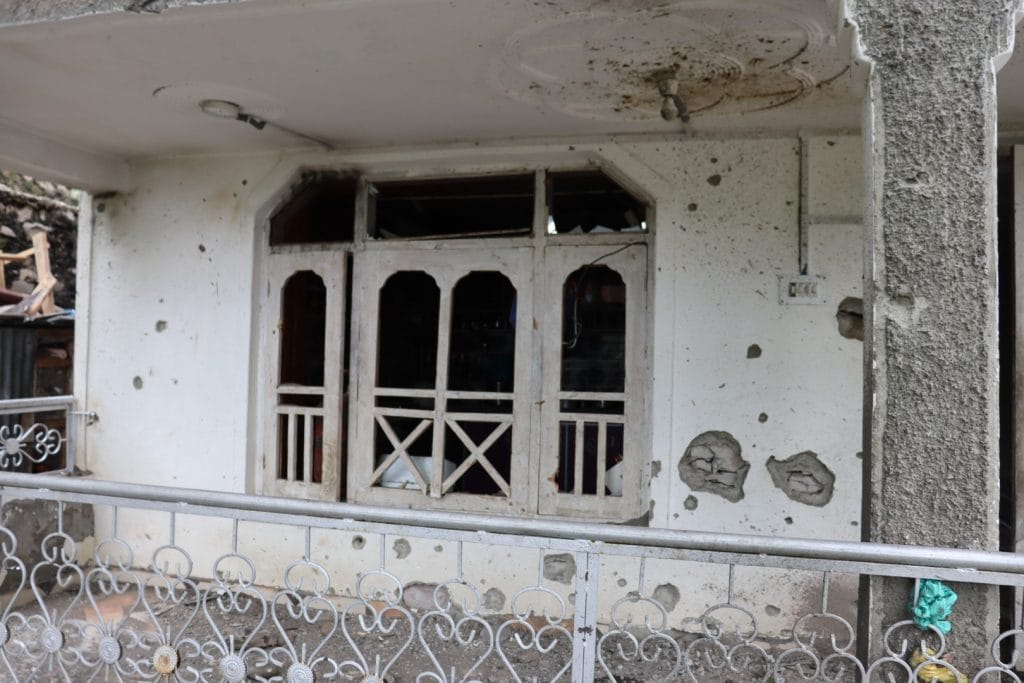
As India and Pakistan once again edge dangerously close to confrontation, a silent epidemic spreads through the heart of Jammu & Kashmir—not of bullets or bombs, but of anxiety, sleeplessness, panic, and hopelessness. The mental health crisis in the Valley is worsening with every threat of war, every declaration of “red alert,” and every night passed in fearful uncertainty.
Kashmir has endured decades of turmoil, but each new spike in Indo-Pak tensions pushes its residents closer to the psychological brink. For the people of this region—young and old, displaced and rooted—the threat of war is not just geopolitical. It is deeply personal. And it is deeply traumatic.
‘We left behind more than just a house… we left our dreams‘ says Ahmad from Uri in Kashmir. In Uri, Ahmad, 23, and his cousin Umer Rahman, 25, are living with relatives in Budgam, having fled their home once again.
‘Whenever things get tense,’ Ahmad said, ‘we are forced to leave everything behind—our home, our belongings, the things my mother collected over time. Now, we don’t even know what condition our house is in.’
Umer adds, ‘Our studies suffer. My books, my notes—they’re all back there. In short, we didn’t just leave our house. We left behind our dreams, the ones we hoped to live.‘
This forced displacement, again and again, creates a loop of trauma—reliving the loss of stability and aspirations each time tension escalates.
This forced displacement, again and again, creates a loop of trauma—reliving the loss of stability and aspirations each time tension escalates.
‘What is the use of a life like this—no home, no peace?‘ says Taranum from Poonch in Kashmir.
In Poonch, 42-year-old Taranum (name changed) had to vacate her home with her family and children, seeking refuge in a nearby village where they have no relatives.
‘Kal ko marna hai, aaj hi mar jayein toh kya farq padta hai?‘ (‘If we are to die tomorrow, why not today? What’s the use of a life like this—no home, no peace?‘), she said bitterly. ‘We have packed and left, but we don’t even know if we’ll reach safely. Our only mistake is that we were born on this land.’
Her words reflect a sentiment felt across the Kashmir Valley—existential fatigue, a weariness that goes beyond sorrow. It is despair rooted in a lifetime of uncertainty.
‘I’m just trying to keep my kids safe by saying it’s crackers‘ says Shamim, a 28-year-old mother of three from Jammu, who came to her village with her children for her brother-in-law’s wedding. But what was meant to be a celebration quickly turned into a nightmare.
‘I have no place to go,’ she said, clutching her youngest. ‘I’m stuck nowhere. I don’t even know what is going on. I’m just trying to keep my kids safe by telling them the sounds are crackers from the wedding.’
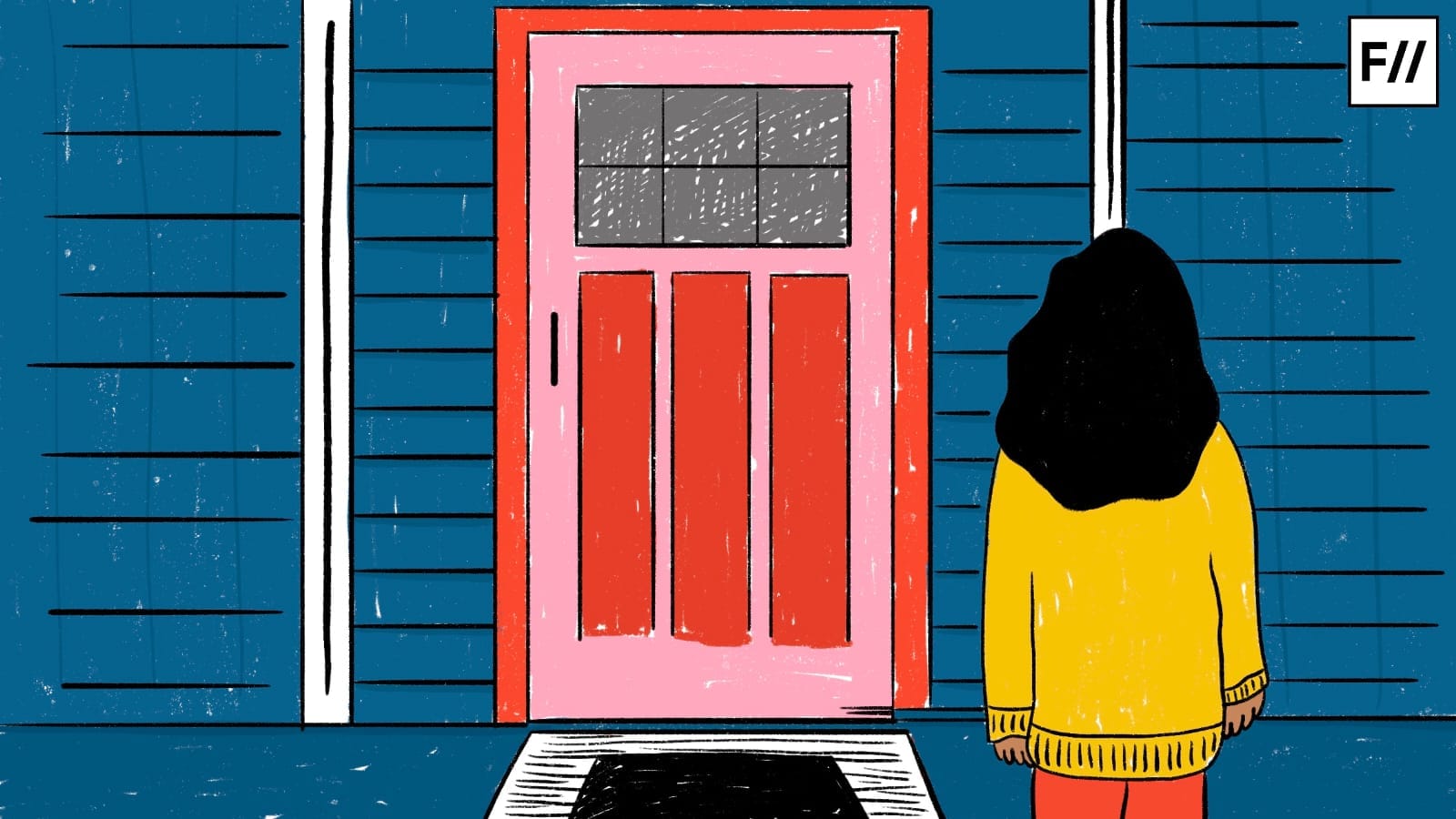
Her trembling voice speaks to a reality many LoC families are experiencing—being stranded, uncertain of whether to flee or stay, not knowing if the next news alert will bring a ceasefire or catastrophe.
‘Even though I’m in a safe place, my whole life is at risk‘ says Farah, 36 (name changed), who lives in Srinagar but worries for her husband and in-laws in Jammu.
‘Even though I’m at a safe place, my whole life is at risk. What will they do? Where can they hide? Jammu is a broader area—it’s not like they can escape and go into hiding. Last night was a nightmare. I couldn’t reach my husband, and Jammu was under red alert.’ she says.
The trauma of distance, of helplessness, is no less powerful than the trauma of physical violence. For many like Farah, fear is not just about their own safety, but the fate of their loved ones.
A crisis in Kashmir hidden behind headlines
As national newsrooms debate military strategy and political consequences, the human cost is often buried beneath headlines.
As national newsrooms debate military strategy and political consequences, the human cost is often buried beneath headlines.
The children who flinch at every loud sound, the students whose dreams crumble with every evacuation, the mothers who whisper comforting lies to their kids, the elderly who feel abandoned by the land they never left and the countless others who ask themselves: ‘How many people should I call today to check if they’re still breathing?’ remain unheard.
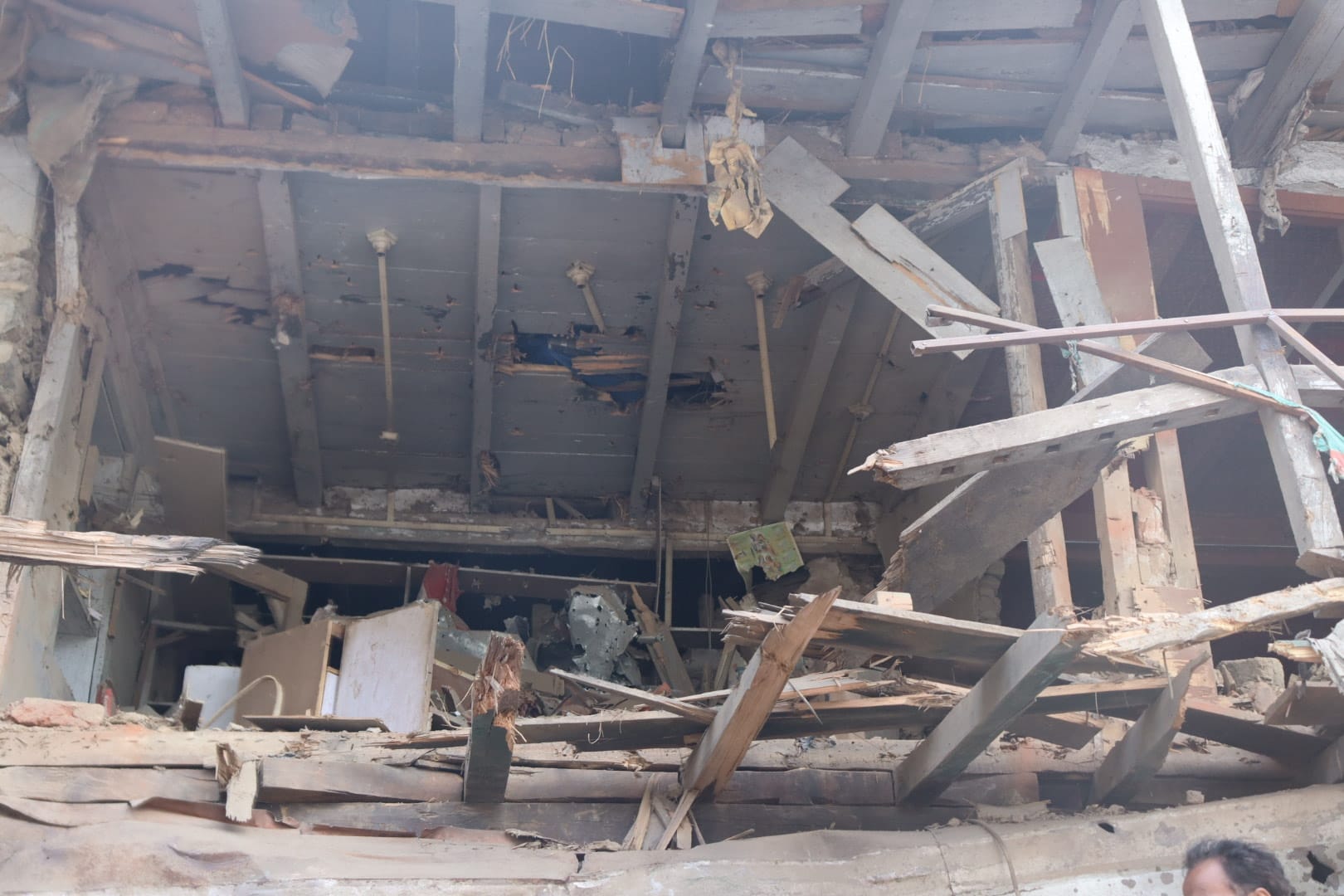
In war, not every wound bleeds. Some settle deep in the psyche and linger for generations.
A plea from the valley of heaven turned overnight into hell
The people of Kashmir are not asking for miracles. They’re asking to live without fearing for their next breath. They’re asking to study, love, sleep, and dream without the constant hum of threat in the background.
They are asking not to be statistics in conflict, but human beings with minds worth protecting.
And perhaps, most of all, they are asking the world to hear their silent screams—not just when the bombs fall, but also in the quiet moments that follow, when the mind refuses to rest, and peace remains a distant hope.
It is a basic human right — to know peace, to have mental sanity. A world where children chase butterflies, not flee from the sound of gunfire.

